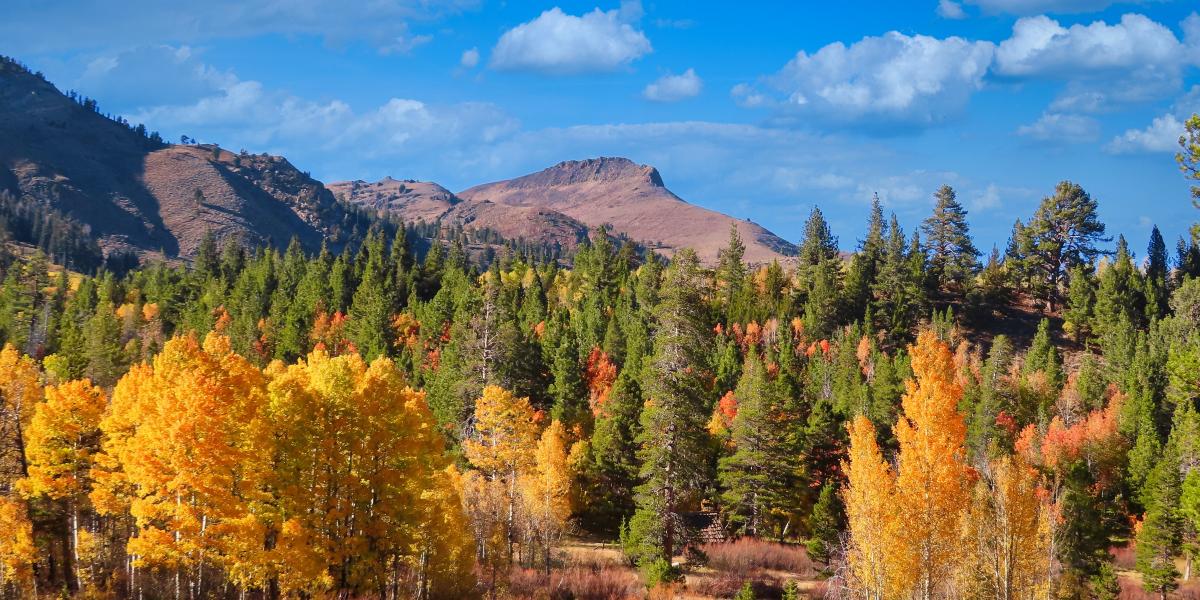
The law too often restricts resource rights on public lands to extraction activities and precludes conservation.
The Bureau of Land Management (BLM) auction in February, 2016, for oil and gas drilling rights near Arches National Park was unremarkable. The high bidder, Tempest Exploration Co. LLC, paid $2,500 for the 1,120 acre lease by credit card and began paying annual rental fees. What soon did prove remarkable, though, was the revelation that the company had been created by the environmentalist, Terry Tempest Williams. She intended to keep the oil in the ground. BLM promptly canceled the lease.
This extractive bias against conservation is legally mandated for most of America’s public resources. When our public lands laws were written almost a century ago, the goal was to put the lands to productive use as quickly as possible. If you found valuable minerals and staked a claim, it was yours. If you diverted surface waters and put them to a beneficial use, they were yours. This practice has largely continued to the present day, where there is a “use it or lose it” requirement for bidding on access to public lands. If you want to keep the trees standing, the oil in the ground, or the range free from grazing, you’re not allowed to bid at all.
In a piece published today in the journal Science, Allow “nonuse rights” to conserve natural resources, emLab directors Chris Costello, Andrew Plantinga, and our co-authors argue that it is well past time to end this practice
The focus on extraction activities on public lands may have made sense when the nation actively sought to promote the productive use of its natural resources and settle the West. Such rules, however, are outdated today. Preventing conservation interests from participating in resource markets betrays current values and foments controversy.
When conservation advocates are unable to participate in markets, they are forced to pursue what are often less effective and less efficient strategies such as litigation or lobbying for regulation. These battles pit resource-dependent communities against conservation organizations, resulting in controversy and outcomes that are vulnerable to shifts in political influence.
Current examples are easy to find. Near the end of its term, the Trump administration finalized plans to allow logging in areas of Alaska’s Tongass National Forest, lease oil and gas in parts of the Arctic National Wildlife Reserve, and expand livestock grazing in national monuments that had previously been deemed off limits to such activities. While environmentalists vehemently opposed these policies, they had few options other than litigation because such groups lacked rights to these resources or even the ability to acquire them. The Biden administration is attempting to undo some or all of these policy changes, but nothing prevents a future administration from reversing course yet again, as has happened in the past.
Rejecting outdated legal shackles, conservationists’ exercise of non-use rights should hold the same status as extractive interests in acquiring public resource rights. This approach will allow market mechanisms to reveal unmet demands for additional conservation of publicly managed resources currently subject to political decision-making and create more durable conservation outcomes.
There is good reason to think that conservationists will acquire non-use rights given the opportunity. Even with the current obstacles, groups have found ways to purchase federal energy leases, negotiated livestock grazing permit retirements with ranchers, and outbid logging companies for timber leases as a means of preserving open space, keeping fossil fuels in the ground, and leaving trees standing.
These examples have been far and few between, though, due to rules that require leaseholders to extract, graze, harvest, or otherwise develop public resources. In the interests of good governance and effective resource management, it is time to respect 21st century values in our public lands laws.
This blog is cross-posted from Legal Planet



